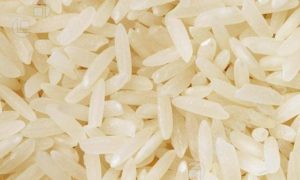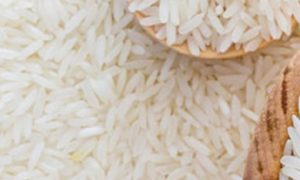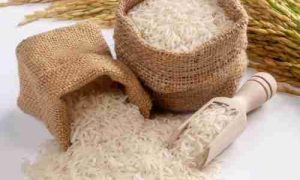Bangladesh : Govt’s paddy procurement drive fails to attract farmers in Joypurhat

Farmers in Kalai upazila of Joypurhat are unwilling to sell paddy to government warehouses due to low procurement prices of Tk33 per kg, compared to Tk40-41 in local markets. Challenges like moisture checks and transportation costs further deter them. The government’s collection target remains unmet, with zero procurement in two months. Farmers and millers demand higher prices to sustain operations.
Farmers in Kalai upazila of Joypurhat, are reluctant to supply paddy to government warehouses due to the low prices offered compared to the local market.
The government has set the price for aman paddy at Tk33 per kilogram. However, this same paddy is being sold in the market for around Tk40-41 per kg. As a result, farmers are opting to sell paddy to local wholesalers, who purchase it directly from them without much negotiation.
Kalai is recognized as one of the country’s grain storage areas, but the government’s paddy procurement campaign has nearly come to a standstill this year. In the past two months, paddy supply at the grain warehouses in this upazila has been almost zero.
Farmers and mill owners believe that the ongoing problem will persist unless the government increases its purchase price. They also suggest that the agriculture and food sectors must take a more realistic approach.
Recently, the price of paddy has surged significantly in various markets within Kalai upazila, including Panchshira Bazar, Punat Bazar, and Jinderpur Bazar. The price for paddy has increased by Tk200-250 per maund. Currently, coarse aman variety paddy is being sold for Tk1,370-1,400 per maund, long-grain Swarna 5 paddy for Tk1,450-1,500 and Katari paddy for Tk1,950-2,000. Atap rice (coarse) is priced at Tk1,800, while thick Atap rice is at Tk1,950.
According to the local agriculture office, aman paddy has been planted on 12,650 hectares of land in Kalai Upazila this financial year, yielding a total of 34,056 tonnes of rice. Despite this substantial production, the government’s procurement campaign has been largely unsuccessful due to the higher market prices.
Although there was a target to collect 829 tonnes of paddy for the current season, the collection over the last two months has been zero.
Abdul Hamid, a local farmer, mentioned, “There are many challenges when it comes to delivering rice to the government warehouses. I face issues like moisture verification, online registration, transportation costs, and the need to go to banks to withdraw money. Why would I endure so much hassle when I can get a better price in the local market? I get Tk33 per kg at the warehouse, but I can sell it for Tk40-41 in the market. Furthermore, supplying wet paddy to the warehouse is considered a fault, but that’s not an issue in the market.”
On the other hand, government-listed trader Md Mehedul Islam remarked that he must supply paddy to the government warehouse; otherwise, his license could be revoked. “However, by supplying paddy, I incur a loss of Tk4-5 per kg. It is becoming increasingly difficult to survive under these conditions.”
Rice millers are also facing challenges due to the high prices of paddy, according to Humayun Kabir Talukder, General Secretary of the Upazila Rice Mill Owners Association. “Coarse paddy is currently sold for Tk1,370-1,400 per maund, yet the government’s purchase rate is significantly lower. It costs us Tk47 to produce each kg of rice, while the government is buying it for only Tk42. If this situation continues, it will be difficult to sustain the mills.”
Upazila Food Controller Abu Saleh Mohammad Imran stated that farmers are hesitant to supply paddy to the warehouses because of the high market prices and the challenging conditions at the warehouses. “In government warehouses, the moisture content of the paddy must be below 14%. However, most farmers bring paddy with a moisture content of 17-18%. Moreover, paddy cleaning requirements are also posing difficulties for many farmers. If the government set a higher price than the market price, the paddy collection campaign would likely succeed.”
To read more about Rice News continue reading Agriinsite.com
Source : Daily Sun














